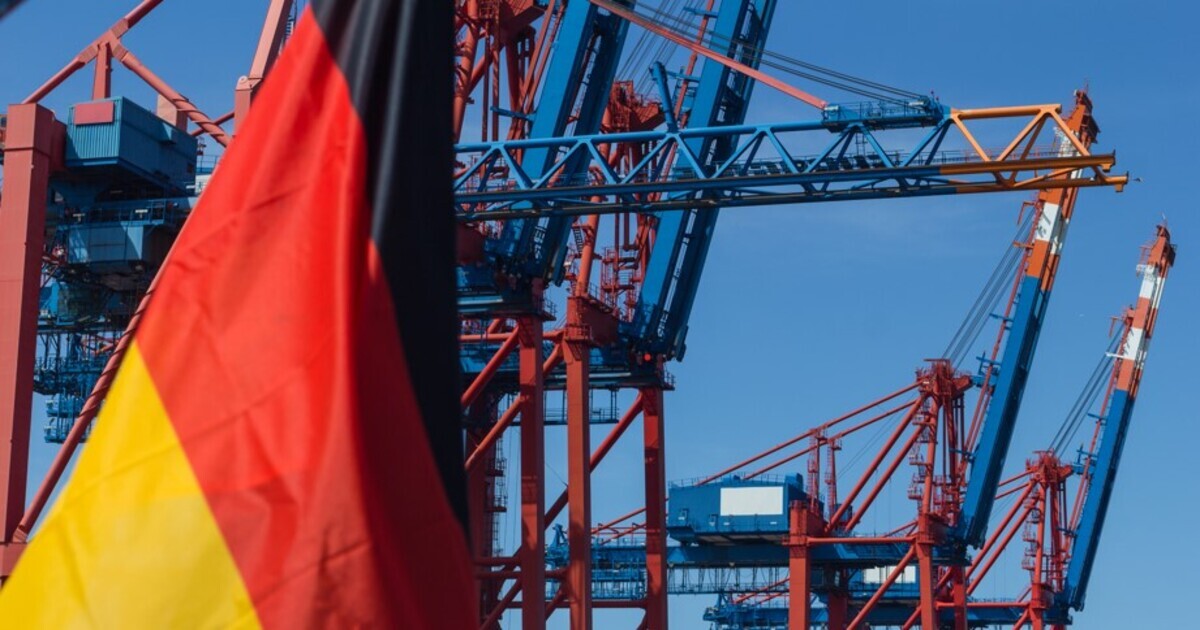1
Germany is currently experiencing its first two-year recession since the early 2000s.
2
Germany is set to be the worst performer among the world’s largest economies this year.
3
In 2025, German GDP will expand by just 0.8%. Of the world’s largest and richest economies, only Italy is forecast to grow as slowly.
4
Falling production in energy-intensive sectors like chemicals — as well as growing competition from China in industries Germany traditionally excels in, such as cars — are raising questions about the future of its export-led business model.
5
One-fifth of the German industry’s value chain will be lost due to high energy prices. In the chemical industry, it is expected to be as much as one-third.
6
Germany’s “Mittelstand” companies — small and medium-sized enterprises that form the backbone of the German economy — employ 33 million people out of a total of 45.9 million employees in Germany.
7
In the United States, large companies account for a considerably higher share of employment than in Europe. Large companies also tend to make better use of technology.
8
Social spending now amounts to a staggering 212 billion euros — or 35% — of the 500 billion euro German federal budget.
9
Despite outdated infrastructure, Germany spends only 2.7% of the federal budget volume (or 0.4% as a share of GDP) on infrastructure.
10
At just 64% of GDP, Germany has a far lower level of public debt than the UK (97%), France (110%), the United States (125%) or Italy (141%).
11
Germany’s very ambitious, but ill thought-out energy transformation agenda may prove to be too costly for the country’s companies and population alike, as they are already faced with high taxes and social security contributions and a structurally weakening economy.
12
Unlike some decades ago, Germany no longer has the financial wherewithal to underwrite the next round of major innovations to combat climate change.
13
It is widely assumed that about 85% of all investments to achieve decarbonization must come from the private sector. Only 15% will come from public and government sources.
14
Under those circumstances, a thriving economy and a strong economic growth agenda, initiated by the government but to the full satisfaction of the private sector, are preconditions for a successful battle against climate change.
Sources: FT, IMF, BDI, NZZ, GIC, Destatis
